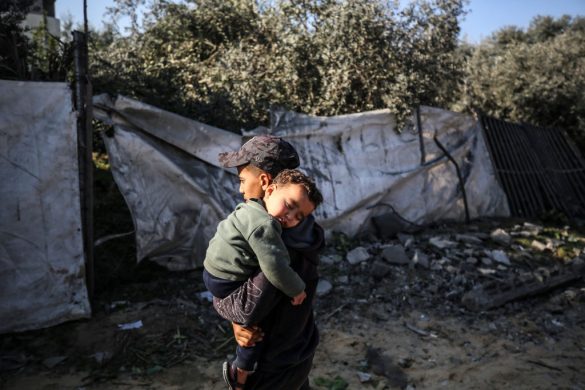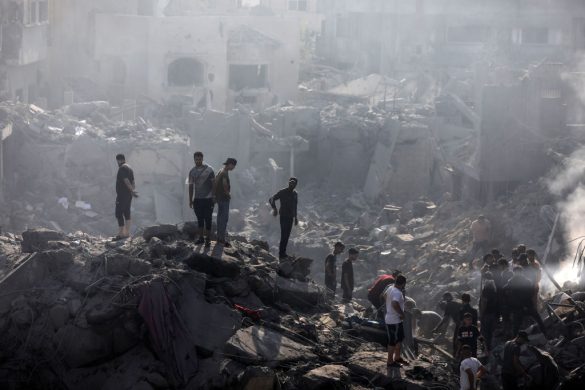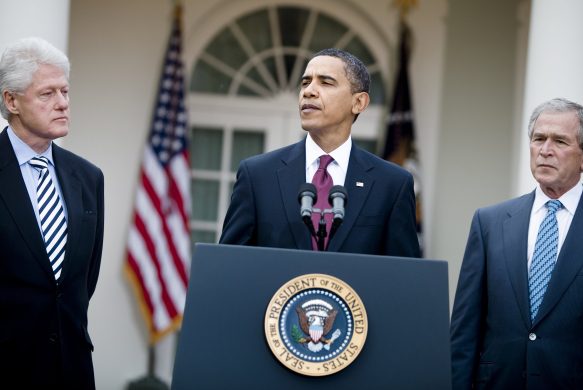New DIIS Report: A NEW ROLE FOR NATO IN THE MIDDLE EAST?
ASSESSING POSSIBILITIES AND BARRIERS FOR AN ENHANCED MEDITERRANEAN DIALOGUE
Helle Malmvig
DIIS REPORT 2005:8
Details, download and sale: www.diis.dk/sw12189.asp
Executive Summary
NATO is gradually redirecting its strategy from Eastern and Central Europe to the Middle East. International terrorism, proliferation of WMD and the instability of weak states have created a new security environment and started a second transformation of NATO.
This new focus on the Middle East has also moved the Alliance to turn its existing outreach programme with seven states in the Mediterranean/Middle East (the Mediterranean Dialogue) into a real partnership resembling the Partnership for Peace (PfP) model.
This report, however, argues that this will be an extremely diffi cult task since there exists a number of deep-seated obstacles and barriers for creating a genuine partnership along the lines of the PfP Programme. The main impediments are:
– The Arab states in general view NATO and the Mediterranean Dialogue with scepticism and distrust. NATO is seen rather as a security threat than as a security provider and partner.
– The Mediterranean states have diff erent security perceptions and concerns compared to those of NATO, and they are situated in a different security climate.
– In contrast to the case of the former socialist states in Eastern Europe, NATO has very few carrots to offer to the Mediterranean states.
– The armed forces in the Mediterranean states are primarily interested in upholding the political status quo, and are wary of notions of security governance.
Yet, the Mediterranean Dialogue can be strengthened and it has a role to play as a means to improve confidence and defuse tensions between NATO and the Mediterranean states.
The report in this respect recommends that NATO focuses on the following activities:
– Establish official national representations for the Mediterranean states at NATO Headquarters.
– Develop cooperation on anti-terrorism and enhance assistance on issues defence reform. Yet paying careful attention to the risks of reinforcing the repressive policies and capabilities of the Arab states.
– Increase cooperation and training within the field of peacekeeping.
Jesper Linell, Head of Publications, Danish Institute for International Studies, Strandgade 56, 1401 Copenhagen K, Tel. 32 69 86 42, Fax 32 69 87 00, [email protected] web: www.diis.dk















